
The Texas abortion plaintiffs don’t want clarification. They want the court to legislate.
Nancy Flanders
·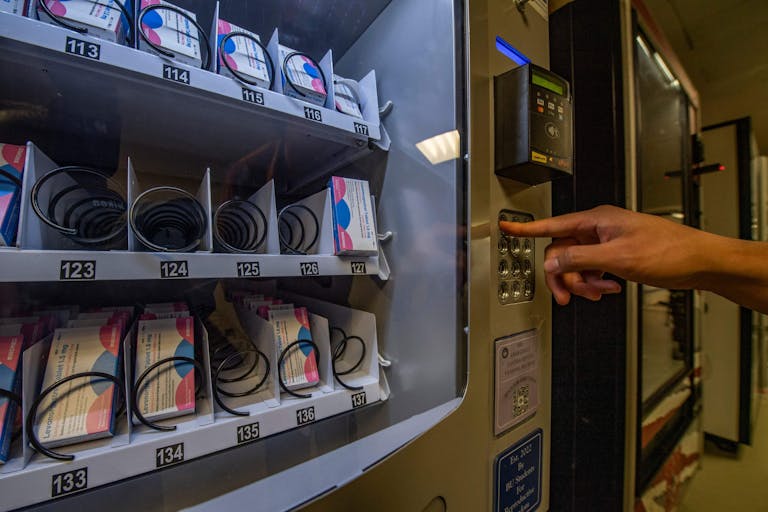
NY college partially subsidizing emergency contraception in vending machines
Emergency contraception is now available in vending machines at the John Jay College of Criminal Justice, a CUNY school located in Manhattan. The cost for the contraception will be partially subsidized by the college, and it will be available to students for $10.
According to PIX 11, two campus vending machines will carry AfterPill (levonorgestrel). The installation of the machines is part of a collaboration with the New York Birth Control Access Project (NYBCAP).
“The installation of the first emergency contraceptive vending machine at John Jay College of Criminal Justice is an example of our continuous efforts to provide New Yorkers with the necessary resources to have agency over their bodily autonomy,” said NYBCAP director of advocacy, Rochelle Rodney. “Putting emergency contraception in vending machines puts birth control within reach for so many students. We are hopeful that colleges across New York will recognize the potential to positively impact their student’s lives through this cost-effective yet innovative measure.”
Though the FDA changed the label in 2022 to say that levonorgestrel, which comes in brand names such as Plan B, AfterPill, Take Step, and others, has “no direct effect on fertilization or implantation,” studies have shown that it may indeed impact implantation, which would cause it to act as an abortifacient.
In 2014, board-certified OB/GYN Dr. Donna Harrison, executive director of the American Association of Pro-Life Obstetricians and Gynecologists explained:
When ovulation does occur after [Plan B] has been given, most of those ovulations show luteal-phase defect (see here, here, here, here, here, and here).
Article continues below
Dear Reader,
In 2026, Live Action is heading straight where the battle is fiercest: college campuses.
We have a bold initiative to establish 100 Live Action campus chapters within the next year, and your partnership will make it a success!
Your support today will help train and equip young leaders, bring Live Action’s educational content into academic environments, host on-campus events and debates, and empower students to challenge the pro-abortion status quo with truth and compassion.
Invest in pro-life grassroots outreach and cultural formation with your DOUBLED year-end gift!
That’s the term for when the ovary does not produce enough progesterone to allow the embryo to survive. If the LH surge is blunted […] then the ovary will release the egg, which can be fertilized but not produce enough progesterone […]. So, the embryo formed would not survive long enough to produce a positive pregnancy test. And interference with the LH surge is precisely how Plan B works.
If Plan B is taken five to two days before egg release is due to happen, the interference with the LH signal prevents a woman from releasing an egg, no fertilization happens, and no embryo is formed. Current studies do not demonstrate a harmful effect on the embryo if Plan B is taken after egg release.
Many authors focus on these two facts to make the sweeping claim that Plan B has no effect on a human embryo. What they are forgetting is Plan B’s effect [during…] the two-day window in which embryos can form but positive pregnancy tests don’t occur. That’s the window during which the studies mentioned above suggest that Plan B has a likely embryocidal effect in stopping pregnancy.
Furthermore, as Live Action News previously reported:
Studies have shown that all forms of emergency contraception, including Plan B, can function as abortifacients. According to the Charlotte Lozier Institute’s assessment of the studies, “All point to Plan B’s having a predominantly post-fertilization (abortifacient) MOA [mechanisms of action] when it is given during a woman’s fertile period.”
Making emergency contraception readily available to a college student through a campus vending machine isn’t innovative or empowering – it’s simply sending her the message that she isn’t capable enough to parent a child while working as a student. It’s a message that many in the abortion industry tout, but has often been refuted.
Live Action News is pro-life news and commentary from a pro-life perspective.
Contact editor@liveaction.org for questions, corrections, or if you are seeking permission to reprint any Live Action News content.
Guest Articles: To submit a guest article to Live Action News, email editor@liveaction.org with an attached Word document of 800-1000 words. Please also attach any photos relevant to your submission if applicable. If your submission is accepted for publication, you will be notified within three weeks. Guest articles are not compensated (see our Open License Agreement). Thank you for your interest in Live Action News!

Nancy Flanders
·
Issues
Nancy Flanders
·
Politics
Cassy Cooke
·
Guest Column
Right to Life UK
·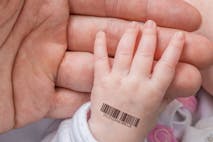
Issues
Angeline Tan
·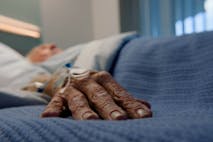
Issues
Bridget Sielicki
·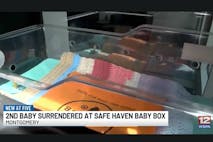
Human Interest
Bridget Sielicki
·
Politics
Bridget Sielicki
·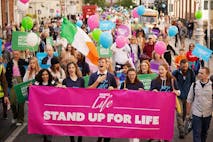
Politics
Bridget Sielicki
·
International
Bridget Sielicki
·
International
Bridget Sielicki
·